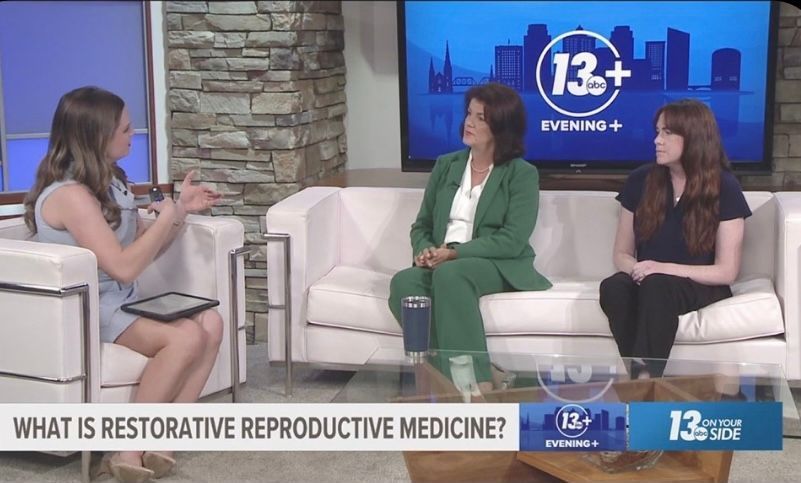PRE-CONCEPTION CHECKLIST
There are many steps prospective parents can take before they conceive to improve their health and that of their offspring.
- Have a check-up and discuss pre-conception questions with your provider. Chronic health problems affect both fertility and pregnancy outcomes in men and women, and may be important to address. The CDC recommends regular check-ups for all adults, and the American College of Obsterician-Gynecologists recommends not only pre-natal but pre-conception exams for women planning a pregnancy. This is an important time to evaluate the overall health of prospective parents, and to address any issues that could affect the health of Mom or baby with a pregnancy. Health issues that are especially important to address include elevated blood sugar, mood disorders, chronic infections and hormone deficiencies. Ask your provider if there are any specific tests or treatments they would recommend in order to optimize your health before a pregnancy.
- Review your immunizations, medications, and supplements. Women and men should have up-to-date information about how each of these may affect fertility and pregnancy outcomes before becoming pregnant. For example, the CDC recommends that all reproductive age women take folic acid supplementation. Folic acid intake improves pregnancy outcomes, and most strongly reduces birth defects when it is taken 6 months before conceiving. On the other hand, popular weightlifting supplements may decrease male fertility.
- Learn fertility awareness. Patients educated in fertility awareness cycle charting may improve their chances of conception once they can identify the most fertile days of the woman’s cycle. Charting also provides an important a snapshot of a woman’s reproductive and overall health that can be used by women and their clinicians to detect potential problems and determine treatments. Women who chart their cycles also can provide a very important piece of data when they become pregnant—accurate information about their conception date! This may lead to a more accurate estimate of the due date. Standard of care is to rely on the first day of last menstrual period, but this may be inaccurate, particularly in women with long or irregular cycles.
- Evaluate lifestyle factors and drop unhealthy habits. This is a great time to evaluate lifestyle factors and habits, and plan for healthy nutrition, fitness, sleep, and stress management. Use of tobacco, recreational drugs, and/or alcohol can have serious adverse effects for Mom, Dad, and baby, and these factors should be addressed openly with a clinical team. Pregnancy is a unique motivator—don’t miss this opportunity to tweak or revamp your personal wellness plan! Consider meeting with a health coach to develop a plan to meet the health and wellness goals you discuss with your physician or nurse midwife.
- Reduce Stress. Lastly, it is important to be mindful that stress adds an extra layer of difficulty for couples struggling to conceive. With nearly 12% of couples having trouble becoming pregnant or sustaining a pregnancy, we need to raise awareness about subfertility and infertility, and carefully consider how to support loved ones in these circumstances. It is important to understand that subfertility and infertility may be symptoms of underlying disease or imbalance, and often these are chronic and multi-factorial. Couples in these circumstances can optimize their fertility in the ways listed above, and/or seek medical care to seek out the cause(s) of their difficulty conceiving.
John M. Thorp Jr., MD, is Division Director of General Obstetrics and Gynecology, and Vice Chair of Research in the Department of Obstetrics and Gynecology at the University of North Carolina at Chapel Hill. He also serves as the Medical Director of Reply Ob/Gyn & Fertility, and specializes in fertility awareness and a cooperative approach to treatments for couples with fertility impairment.











